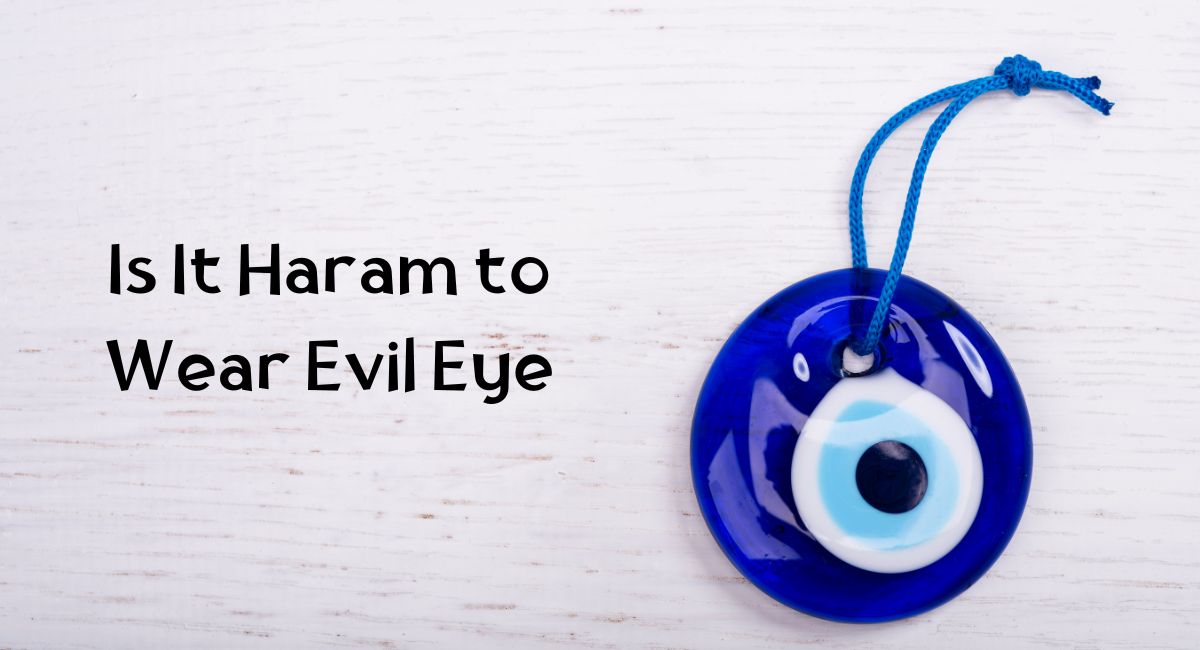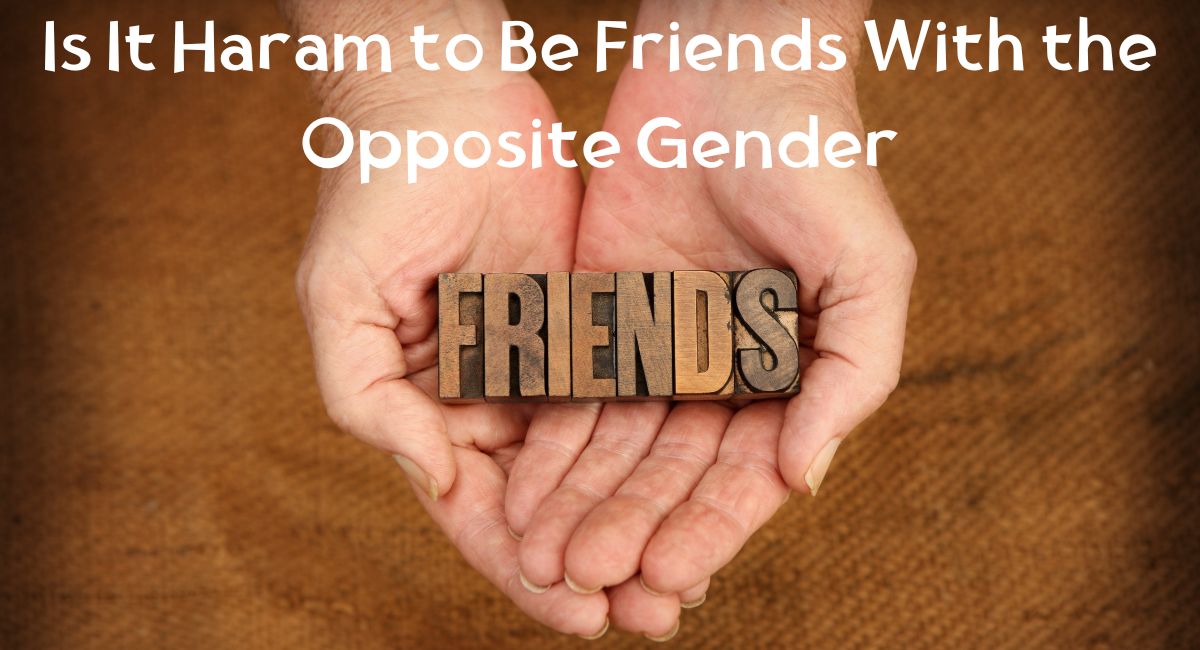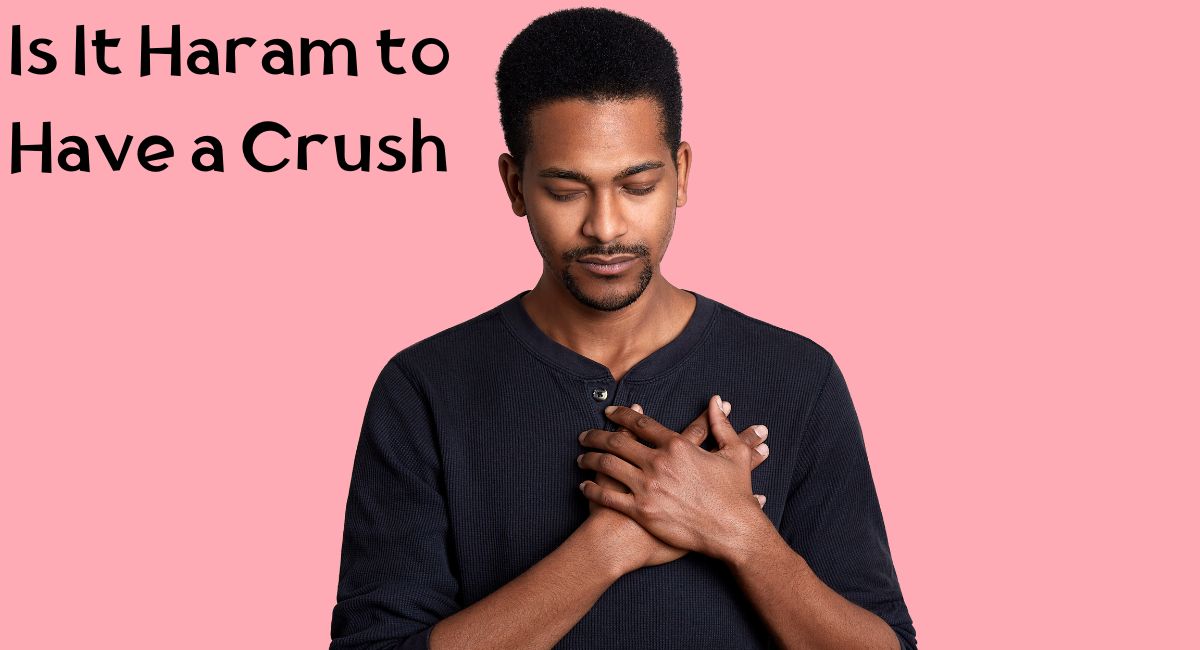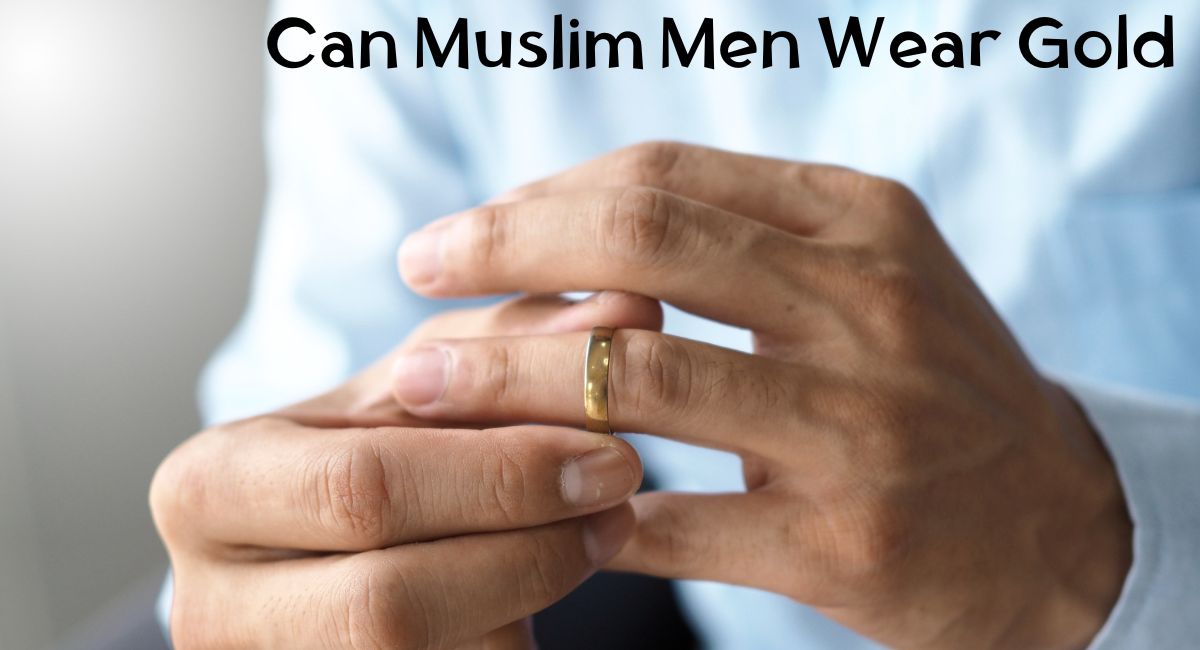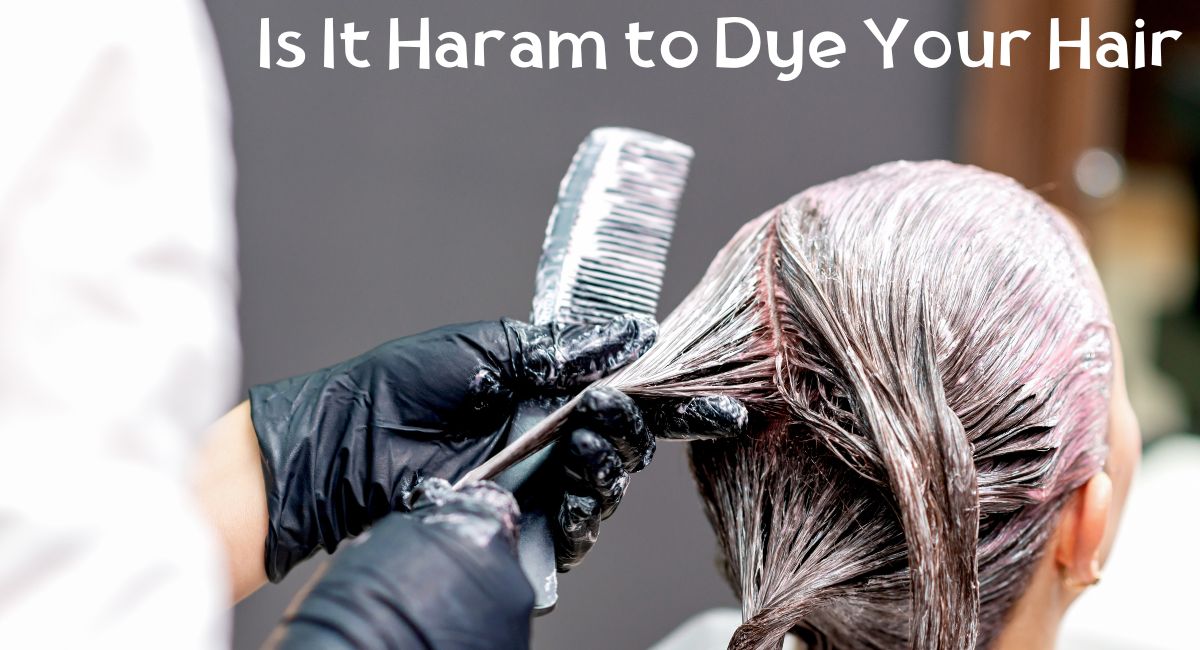Plastic surgery is becoming increasingly popular around the world, including in Muslim communities. However, there is an ongoing debate among Islamic scholars and religious authorities about whether procedures like breast augmentation, rhinoplasty, and liposuction are permitted under Islamic law.
Fundamentally, the question centers on whether altering one’s natural physical appearance for purely cosmetic reasons violates principles of modesty and contentment with Allah’s creation that are emphasized in the Quran and the teachings of the Prophet Muhammad.
While some argue that small-scale procedures are permissible if they improve one’s self confidence or allow fuller participation in public life, others contend that seeking such changes reflects improper vanity and materialism that is at odds with core Islamic values.
This article will explore arguments on both sides in depth to better understand perspectives within contemporary Islamic thought on the permissibility and moral status of plastic surgery.
Key Takeaways
- Reconstructive surgery is generally considered halal as it aims to restore the form and function of body parts that have been damaged.
- Cosmetic surgery, which aims to enhance appearance without a medical necessity, is generally discouraged as it is seen as altering what Allah has created.
- Plastic surgeries must adhere to specific criteria and conditions established by Shariah law, including serving a recognized benefit, weighing the risks and benefits, being performed by qualified specialists, obtaining informed consent, and considering non-invasive alternatives.
- Based on Islamic legal rulings, emergency or necessary plastic surgery is permissible, while aesthetic or cosmetic plastic surgery is deemed impermissible.
- There are differing views among Shia Marja regarding the permissibility of male doctors performing cosmetic surgery on women.
- Being a plastic surgeon is not considered haram as long as the surgeon operates within the permissible conditions and regulations.
What is Plastic Surgery
Plastic surgery, as defined by the International Islamic Fiqh Academy, refers to surgical procedures aimed at improving or modifying any apparent part of the human body or restoring its impaired function. The objective is to address physical concerns and restore natural form.
The term “plastic” in plastic surgery does not refer to the use of plastic materials but is derived from the Greek word “plastikos,” meaning “to mold” or “to shape,” highlighting the transformative nature of the procedures.
There are two main categories of plastic surgery:
- Reconstructive Surgery: Reconstructive surgery is focused on restoring the form and function of body parts that have been damaged due to injury, congenital disabilities, disease, or surgery. Examples include breast reconstruction after mastectomy, facial reconstruction after trauma, cleft lip and palate repair, and hand surgery for injuries.
- Cosmetic Surgery: Cosmetic surgery, often referred to as aesthetic or elective surgery, is performed to enhance a person’s appearance. It is typically not medically necessary but is chosen by individuals who want to improve their aesthetic features. Common cosmetic procedures include breast augmentation, liposuction, rhinoplasty (nose job), facelifts, and tummy tucks.
Plastic surgeons are highly trained medical professionals who undergo extensive education and residency training in surgical techniques. They may choose to specialize in either reconstructive or cosmetic surgery, or they may practice both depending on their training and interests.
It’s essential to note that plastic surgery, particularly cosmetic procedures, should be undertaken with careful consideration of the potential risks and benefits. Patients should consult with qualified and board-certified plastic surgeons to discuss their goals, expectations, and any potential risks associated with the procedure before making a decision.
Is Plastic Surgery Haram
In Islamic teachings, the permissibility of plastic surgery depends on the intent and purpose of the procedure.
Reconstructive Surgery – Generally Halal
This form is generally halal in Islam when it is performed for valid medical reasons. Such surgeries include treatments for deformed organs or parts of the body that alleviate suffering and improve the quality of life. This aligns with the Islamic principle of removing harm, whether physical or psychological.
Procedures like skin grafting, suturing a hollow wound, bone-setting, or surgeries to correct congenital defects like cleft lip, severe nose deformities, or extra digits are examples of permissible reconstructive surgeries. These are seen as cooperative efforts in doing good and preventing harm caused by physical deformities.
Cosmetic Surgery – Generally Haram
The Islamic view is more complex when it comes to cosmetic surgery, which aims to enhance appearance without a medical necessity. Generally, Islam discourages altering one’s physical features excessively or unnecessarily, as it is considered a form of changing what Allah has created. This is based on a verse from the Quran (An-Nisaa’ 4:119) which is interpreted as condemning alterations to Allah’s creation for beauty purposes.
Surgeries like breast augmentation, face-lifts, or cosmetic dental procedures just for beautification purposes are not permissible.
However, the Islamic law’s objection to cosmetic surgery is not absolute. It’s rather an objection to exaggeration and extremism in altering one’s appearance.
When the surgery is necessary for the individual’s physical or psychological health, such as reconstructive surgery after an accident or correcting severe deformities, it may be considered permissible.
These types of surgeries are seen as restoring the body to its natural state or alleviating suffering, which aligns with Islamic principles.
The ethical considerations in plastic surgery from an Islamic perspective also play a crucial role. The human body is considered a trust from Allah, and Muslims are obligated to protect and preserve it.
Any procedure that could potentially harm the body or its function is viewed with caution. The intention behind the surgery is significant—if it is to correct a deformity, repair damage, or alleviate suffering, it may be seen as permissible.
However, surgeries purely for vanity or to enhance beauty are generally discouraged.
General Criteria & Conditions for Plastic Surgeries as Per Shariah Law
Plastic surgeries must adhere to specific criteria and conditions established by Shariah law. These include:
- Recognized Benefit in Shariah: Plastic surgery must serve a recognized benefit in Islamic law. This includes restoring function, correcting defects, or returning the form to its natural state.
- Weighing the Risks and Benefits: Surgery should not result in harm exceeding the anticipated benefit. Trustworthy specialists should make informed judgments about the potential risks and benefits of the surgical procedure.
- Qualified Specialists: Plastic surgery should be performed by qualified, specialized physicians. They bear the responsibility for the consequences of the surgery.
- Informed Consent: The patient who requests the surgery should provide consent for the surgical operation.
- Risk and Complication Disclosure: The specialized plastic surgeon should fully inform the patient undergoing the operation about the expected and potential risks and complications.
- Non-Invasive Alternatives: Surgery should be considered only after exhausting non-invasive or less harmful treatment options.
- Adherence to Shariah Texts: Shariah texts prohibit actions such as tattooing, plucking eyebrows, altering Allah’s creation, or imitating non-Muslim or sinful behaviors.
- Adherence to Shariah-based Ethics: The specialized physician should adhere to Shariah-based ethical principles in medical procedures and provide advice to those seeking cosmetic surgery, following the Prophetic saying, “Religion is advice.”
Legal Rulings on Plastic Surgery
Based on the Islamic legal rulings, the following guidelines can be derived:
- Permissible Surgery: Islamic law permits emergency or necessary plastic surgery for various purposes. These include restoring the form of a body part to its original condition, restoring normal function, correcting congenital defects, correcting acquired defects, or removing severely misshapen features causing physical or psychological harm.
- Impermissible Surgery: Aesthetic or cosmetic plastic surgery, which aims to change a person’s natural appearance following whims or imitating others, is deemed impermissible in Islamic law. This includes changing facial features for specific looks, deception, or obstructing justice.
- Weight Loss Procedures: Promoting weight loss through reliable scientific methods, including liposuction, is permissible if excess weight is considered a medical condition and no alternative solution exists besides surgery. The procedure should also have reasonable safety considerations.
- Wrinkle Removal: Surgical or injection-based procedures to remove wrinkles are impermissible unless the wrinkles are due to a medical condition, and the treatment is reasonably safe.
- Hymen Repair: Repairing a hymen broken due to accident, rape, or compulsion is permissible. However, repairing a hymen broken as a result of immoral acts with the intention of blocking means to immorality and deception is impermissible unless handled by female doctors.
Fatwas on Plastic Surgery
In Iran, the late Ayatollah Ruhollah Khomeini, the founder of the Islamic Republic, permitted girls and women to undergo cosmetic surgery only if the operating doctor was also a woman. However, Ayatollah Khamenei further specified that male doctors should refrain from performing cosmetic surgery on women purely for cosmetic reasons. Instead, male doctors are allowed to conduct surgeries for medical purposes, such as treating burns, skin grafts, or other necessary medical procedures.
While Ayatollah Khamenei’s stance regarding male doctors performing cosmetic surgery is clear, other Shia Marja have expressed differing viewpoints. Ayatollah Ali Sistani, an influential Shia Marja based in Iraq, has a more lenient perspective. He suggests that there is no issue with a male surgeon examining or touching a female patient’s body as long as there are no ill intentions involved.
Ayatollah Lotfollah Safi Golpaygani, one of the highest-ranking Twelver Shia Marja after Ayatollah Khamenei, has provided a general guideline stating that as long as there is a rational reason for the operation, plastic surgery is permissible.
Another respected figure, Ayatollah Naser Makarem Shirazi, who was a former member of the Assembly of Experts, highlights that cosmetic surgery is not forbidden unless it involves sinful behavior. Nevertheless, he emphasizes that a surgeon should only examine or touch a patient’s body if it is absolutely necessary for the procedure.


